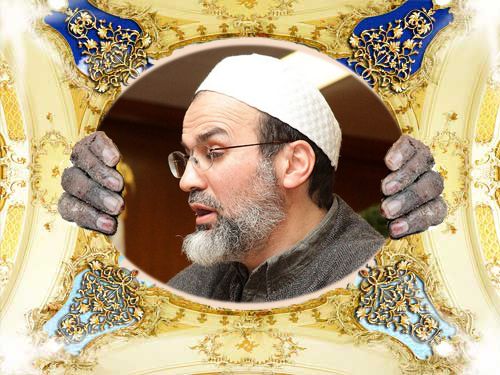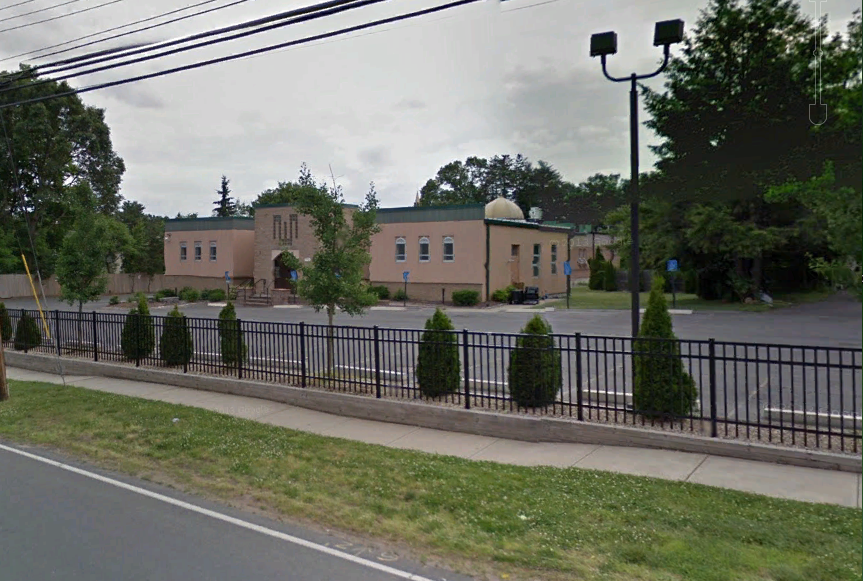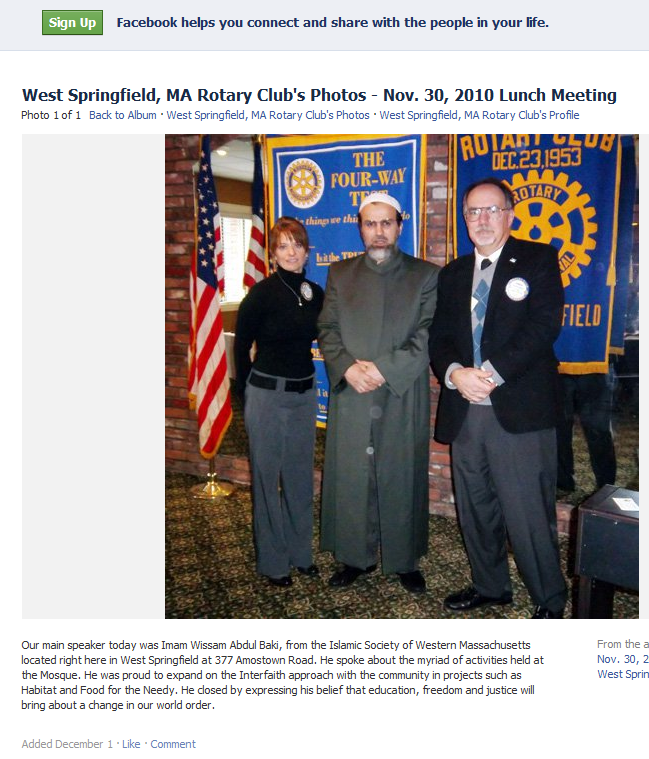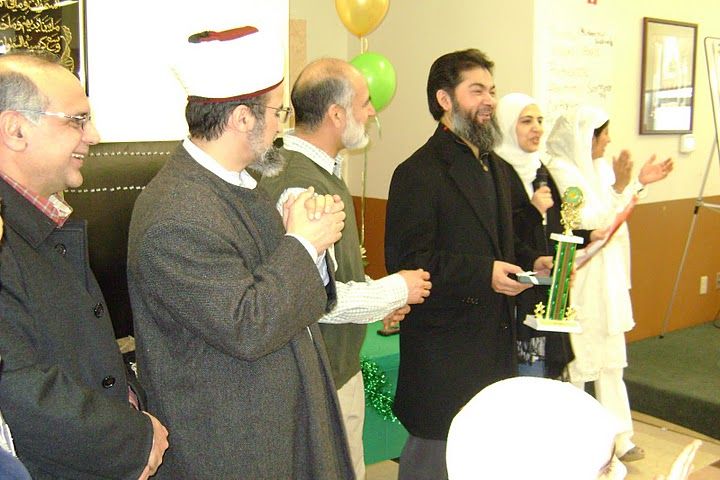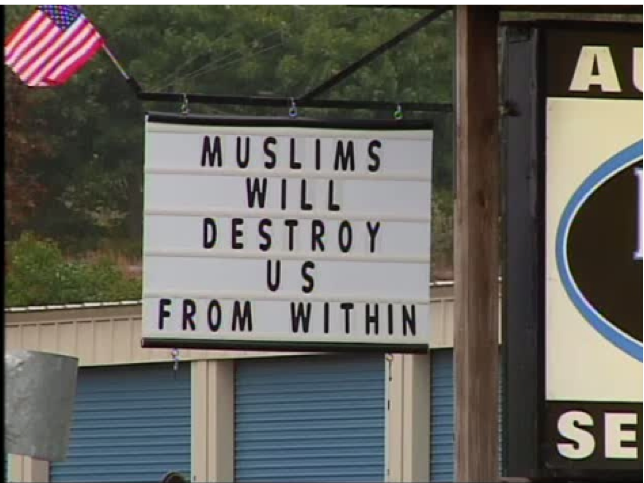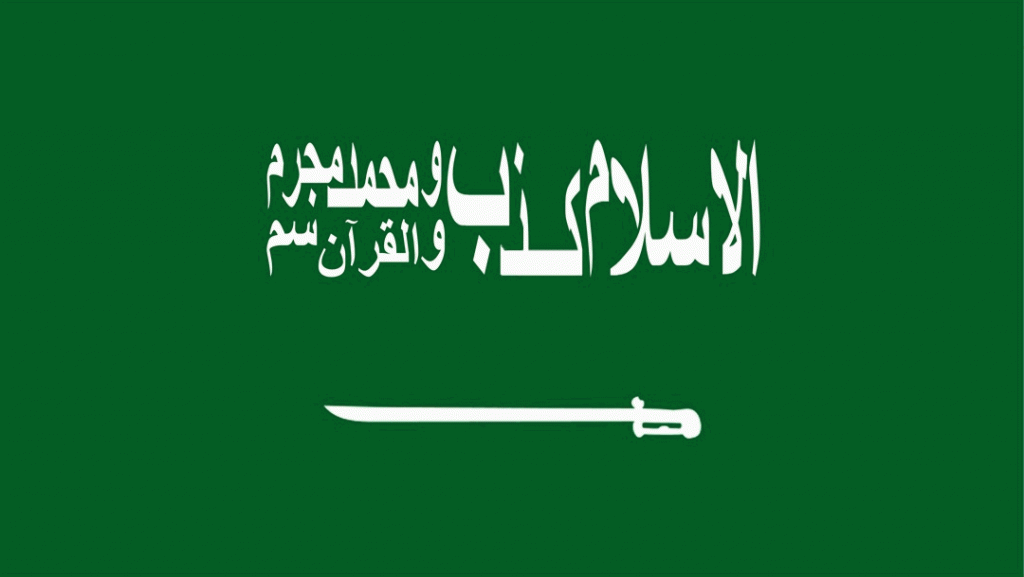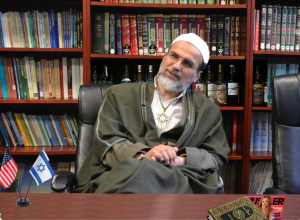Imam Wissam Abdul Baki
Springfield mosque – Western Massachusetts Cultural Center
377 Amostown Rd West Springfield, MA 01089-1711
(413) 788-7546
Imam Wissam Abdul Baki and his wife Rima live in the adjacent rectory.
Imam Wissam Abdul Baki, a naturalized citizen [not American] , was born in the town of JubJunine in Lebanon’s Bikaa Valley where he also served as imam of his town.
Drugs and weapons have a long tradition in the Bikaa Valley – from the days of the Roman Empire until today cultivators and tribal drug lords, working with militias, sell drugs to gather weapons to promote jihad in the way of Allah anywhere in the world.
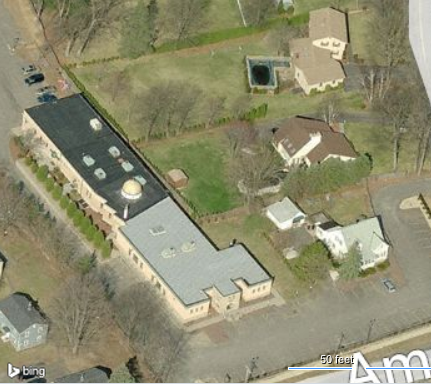
The compound in Springfield has 30,000 sq ft of above ground space for storage of materials to be used in the way of Allah.
He holds an undergraduate degree in Islamic and Arabic study from Al-Ijaza Aliyah and was on the faculty of Arabic language at Islamic University of Al-Madinah Al-Munawarah, Saudi Arabia.
He has taught in Lebanon, studied at Catholic University in Lima, Peru, and served as an imam in Bolivia and Venezuela.
He has also studied Islamic law in Washington, D.C. He has been imam of the Islamic Society of Western Massachusetts, which is based in West Springfield, since 1997.
Wissam Baki at the Rotary Club
NOTES AND QUOTES
Born in JubJunine, Lebanon, an area famous for its scenery and harmonious interfaith environment, Baki has served the Western Massachusetts area Islamic community since 1997.
He has considerable international experience in support of his ministry, serving in both the Middle East and Latin America before coming to the United States.
Baki earned a bachelor’s and advanced degrees at the Islamic University of Al-Madinah in Al-Munawarah and later served on the faculty, teaching Arabic, as well as media and communication.
He was an imam and teacher in Peru, Bolivia and Venezuela and has been active in many national and international interfaith programs. He is also a member of the Professional Consultation Committee at Baystate Medical Center
“The hostility is based on ignorance,” Baki said. “We (Muslims) condemn all kinds of terrorist acts and violence, but our voice is not heard.”…
“The Muslim community in Western Massachusetts is comprised of more than 500 families. About one-third of them are indigenous; two-thirds are immigrant families, mostly from the Indo-Pakistani region and the Middle East region and there is a major segment from Laos as refugees. In recent years, we have had several families from Somalia as well as Iraq.”
Imam Abdul Baki says putting up the sign isn’t the problem, but he believes the context is.
“Everybody has the right to speak freely and to “mention” his opinion. But at the same time, there is no right to wage hatred and [expect us to] submit to the ignorance and hatred.”
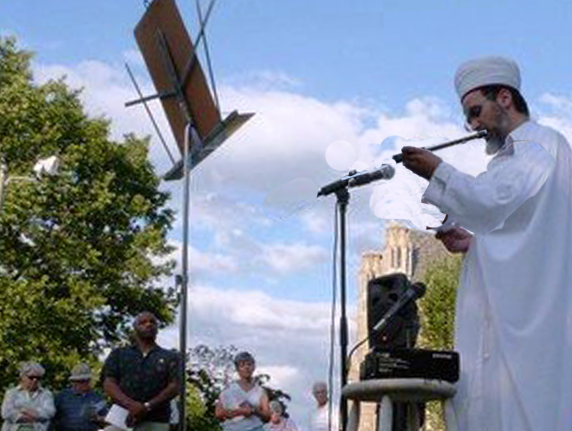
Wissam Abdul Baki wows the crowd at the interfaith gathering with a moving rendition of the flute solo from Bach’s “St. Matthew Passion”

